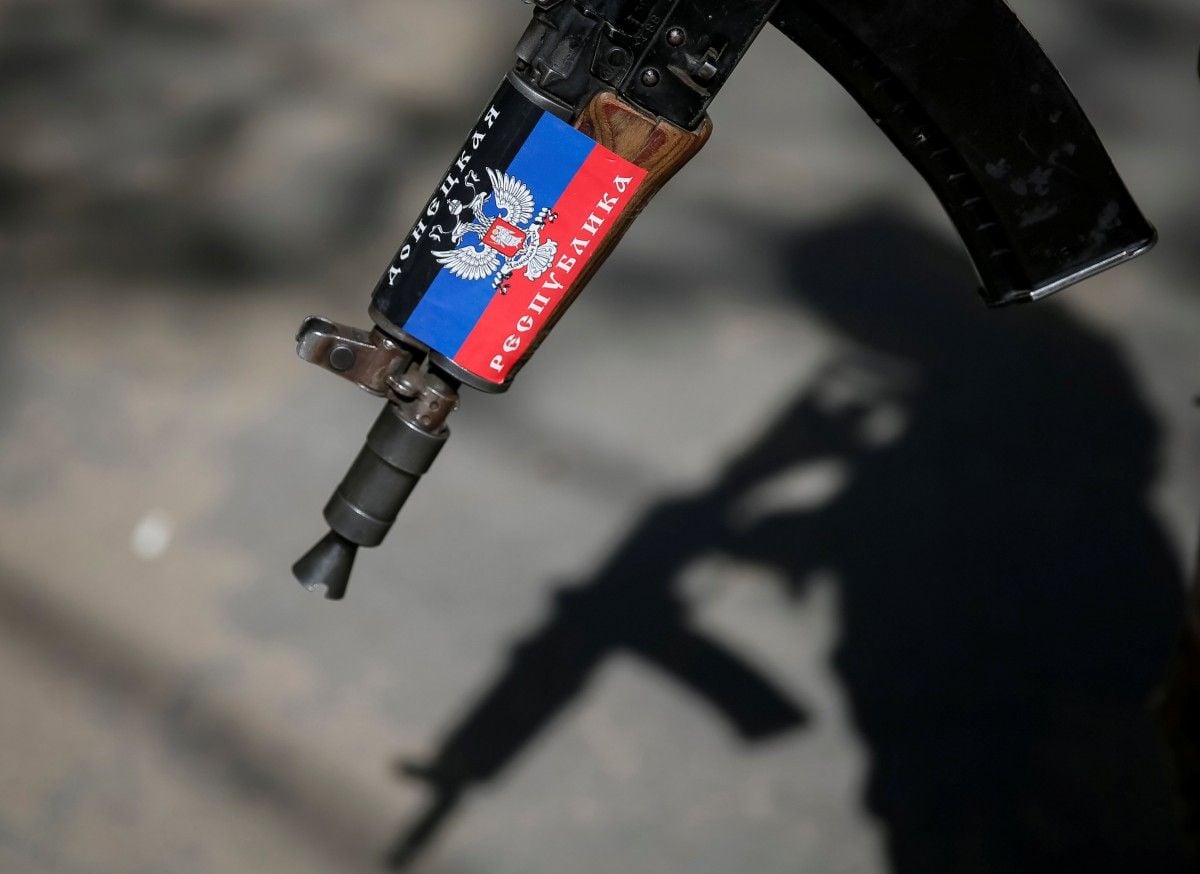
Earlier this month The Washington Post reported that Pfc. Guillaume Cuvelier, 29, had spent time with French ultranationalist groups before helping create an anti-Western militant group in eastern Ukraine in 2014.
After leaving Ukraine in 2015 and fighting alongside Kurdish peshmerga in Iraq, Cuvelier shipped to U.S. Army basic training in January, WP reported.
Before his discharge last week, Cuvelier — a dual French and U.S. citizen — was serving as a newly minted infantryman in a Hawaii-based unit, according to records provided by the Army.
Lt. Col. Jennifer Johnson, an Army spokeswoman, would not give the reason Cuvelier was discharged, saying that it was protected under the Privacy Act.
Cuvelier’s past of espousing extreme right-wing views and his role in an armed group backed by a U.S. adversary was recorded on websites, social media groups and in an online documentary. With Cuvelier’s easily searchable history, his enlistment raises questions about the Army’s recruitment process and whether applicants are thoroughly vetted.
Read alsoRussia comes up with new trumped up criminal charges against Ukrainian militaryWhen it was first reported that Cuvelier was serving in the Army, Bland said that the military had “begun an inquiry to ensure the process used to enlist this individual followed all of the required standards and procedures.”
The Army often forbids those who display “extremist views or actions” from entry, Lt. Col. Randy Taylor, a spokesman for the Army’s Department of Manpower and Reserve Affairs, said in an email in April. Taylor added that “if an Army official determines an applicant has the potential for meeting Army standards, the official may in exceptional cases allow those who have overcome mistakes and past conduct, made earlier in their lives, to serve their country. However, in many cases a history of gang or extremist activity is disqualifying.”
Read alsoRussian spies seek EU recruits in fight clubs - mediaIn Cuvelier’s case, it appears his past was either overlooked by a recruiter or he was not forthcoming about it, a move that might have opened him up to fraudulent enlistment charges under the Uniform Code of Military Justice.
As a U.S. citizen, Cuvelier’s time fighting in Ukraine for the self-styled “Donetsk People’s Republic” could open him up to federal prosecution as the illegal organization is subject to U.S. government sanctions.
A March 2014 executive order that was applied to the republic that June says that U.S. citizens are prohibited from assisting any of the sanctioned entities with “funds, goods or services.”

